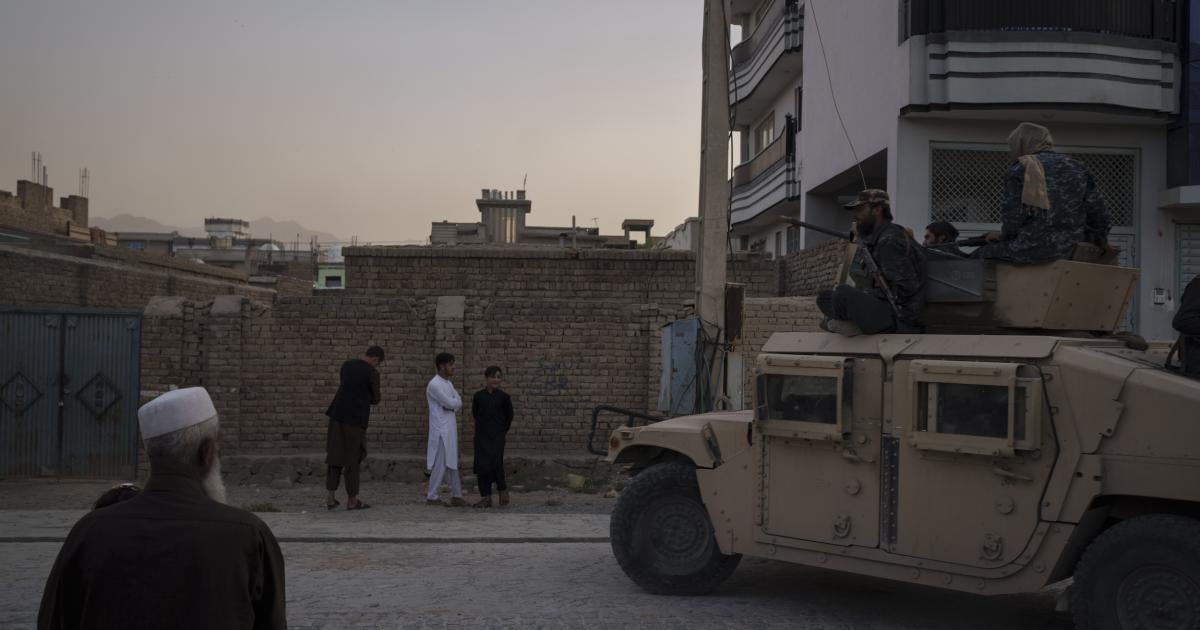A new report by the United Nations Assistance Mission in Afghanistan (UNAMA) highlights Taliban human rights violations that have received little attention: the use of corporal punishment and the death penalty.
Since the Taliban takeover in August 2021 until November 2022, UNAMA documented 18 cases of corporal punishment, all lashings and mostly for so-called moral crimes. These include punishments for sex outside of marriage and for girls and women “running away” from their homes, often to escape domestic violence (acts the former government also prosecuted). Lesbian, gay, bisexual and transgender people are also at high risk under the Taliban and have been subjected to lashings.
Corporal punishment increased significantly since November 2022 when the Taliban’s leader called on judges to impose it whenever “Sharia [Islamic law] conditions … are met.” More of these punishments are also being carried out in public, including 27 people lashed in a sports stadium in Parwan on December 8.
These numbers do not take into account the many ad hoc beatings that Taliban authorities mete out against protesters and journalists for criticizing Taliban policies.
UNAMA notes that these punishments are not new. As the Taliban gained territory after 2005, they instituted parallel justice structures in areas they controlled, imposing lashings, amputations, and executions. UNAMA documented 182 such punishments by the Taliban between 2010 and 2021, likely an undercount given the difficulty in getting information from areas under Taliban control during the conflict.
The former government also carried out corporal punishments, including lashings, though rarely.
Despite a brief moratorium on the death penalty after 2001, Afghan politicians of every stripe have supported capital punishment. Even a botched mass execution of prisoners in 2007 and the rushed execution of five men believed to have been wrongly convicted in 2014 did nothing to lessen that support. Since the Taliban takeover, courts and local officials have authorized several executions, including one stoning and several hangings, the latter publicly displayed.
These, however, have been eclipsed by the Taliban’s extrajudicial executions, mostly of members of the former government’s security forces, whose number is estimated in the hundreds.
So long as the Taliban shows disdain for international human rights law, these barbaric practices are likely to continue. Governments engaging with the Taliban, including UN Security Council members, should press for an end to these abuses and make clear that international sanctions will remain in place and could be expanded if they continue.



